High School Should Start Later
High school students require adequate sleep to improve their academic performance and maintain a healthy lifestyle. Starting school later can help students get the recommended amount of sleep, leading to better health and education.
March 30, 2023
At 7:45 each morning, a bell rings throughout Bethesda Chevy Chase High School, ushering exhausted students to the start of the school day. Students trudge through the halls to their first-period class, hoping to keep their eyes open long enough to see their teachers mark them present.
Teenagers require more sleep than adults. According to the American Academy of Sleep Medicine, teenagers require an average of 8-10 hours of sleep per night. However, most high schools begin instruction around 7:30-8:00 am, which means that students have to wake up as early as 5:30-6:00 am to prepare for school. This early morning routine can cause sleep deprivation among students, which can negatively impact their academic performance and overall health.
Sleep deprivation can also lead to numerous health problems such as obesity, depression, and anxiety. Lack of sleep weakens the immune system, making students more vulnerable to infections and illnesses.
High school students require adequate sleep to improve their academic performance and maintain a healthy lifestyle. Starting school later can help students get the recommended amount of sleep, leading to better health. Additionally, high school students face numerous social and academic pressures, which can cause stress and anxiety. According to a study conducted by the University of Rochester Medical Center, high school students who started school later reported lower levels of depression and anxiety. Getting enough sleep can directly help students manage their stress and, in turn, improve their overall mental health. DCPS moved the start time for high school to 9 a.m. after COVID. Alex Benach, a junior at Jackson-Reed High School, shared how the switch benefited him, expressing that “without enough sleep, [he] can be incredibly irritable and unpleasant. By being able to get enough sleep, [his] mental outlook has greatly improved.”
Starting school later can also improve academic performance. Studies have shown that sleep deprivation can negatively affect cognitive functions such as memory, attention, and decision-making. Therefore, students who get enough sleep are more likely to perform better academically. A study conducted by the University of Minnesota found that students who started school later had higher grades and attendance rates than those who started earlier. B-CC Sophomore, Annie Block shared that she thinks “school starting later would make [her] less tired while doing homework and improve [her] grades.”
Considering the many positive benefits on both students’ mental and physical health, high schools should start later in the day. Simply moving back the start time by an hour can help students get the recommended amount of sleep, improve their academic performance, and manage stress and anxiety. MCPS should introduce a later start time for high schools to prioritize the overall well-being of high school students.








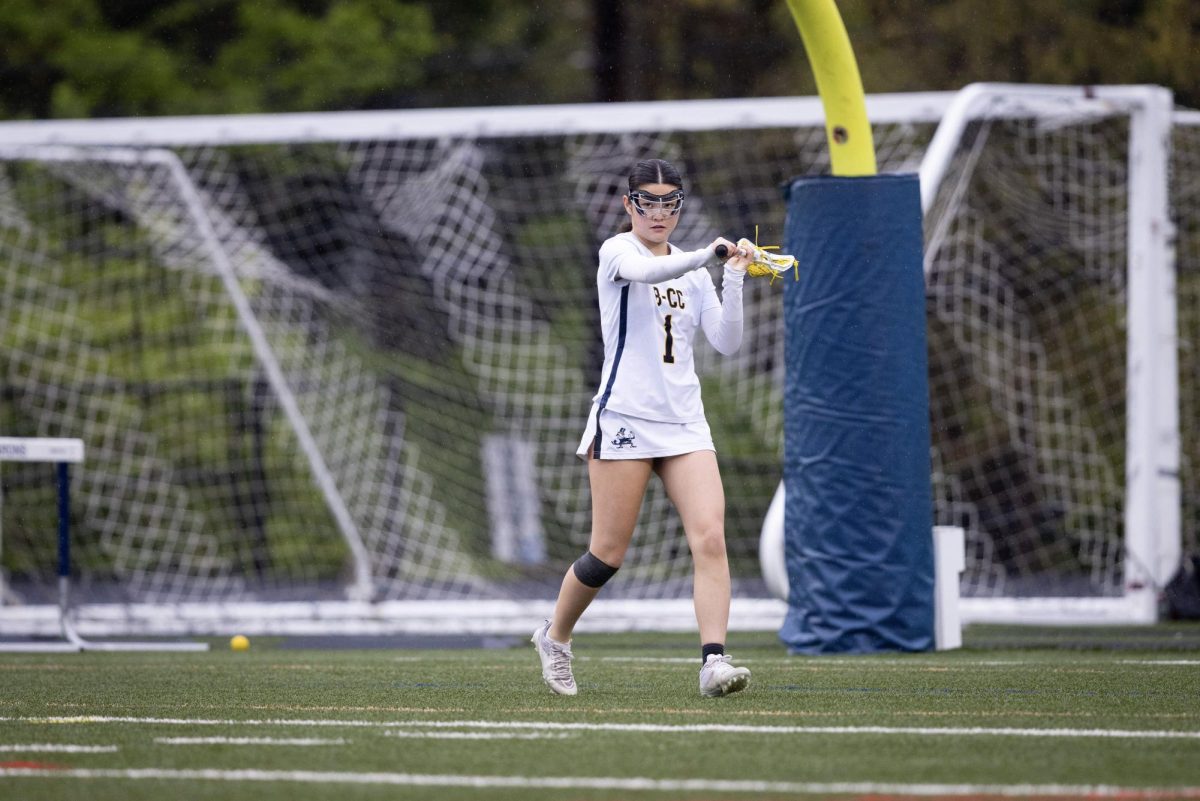

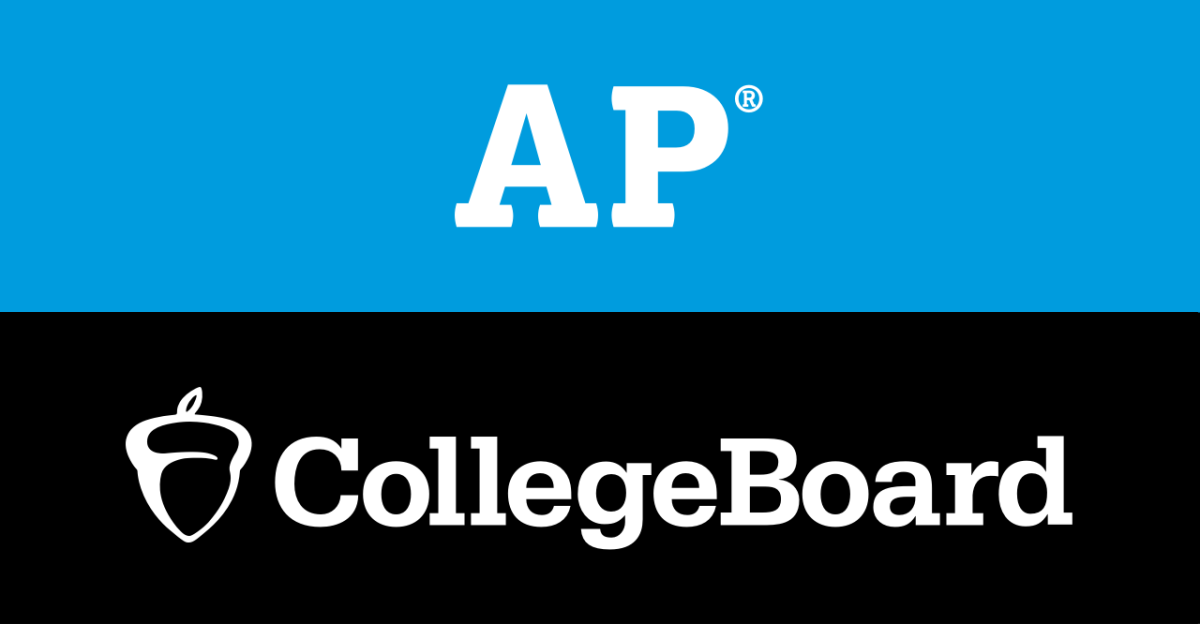
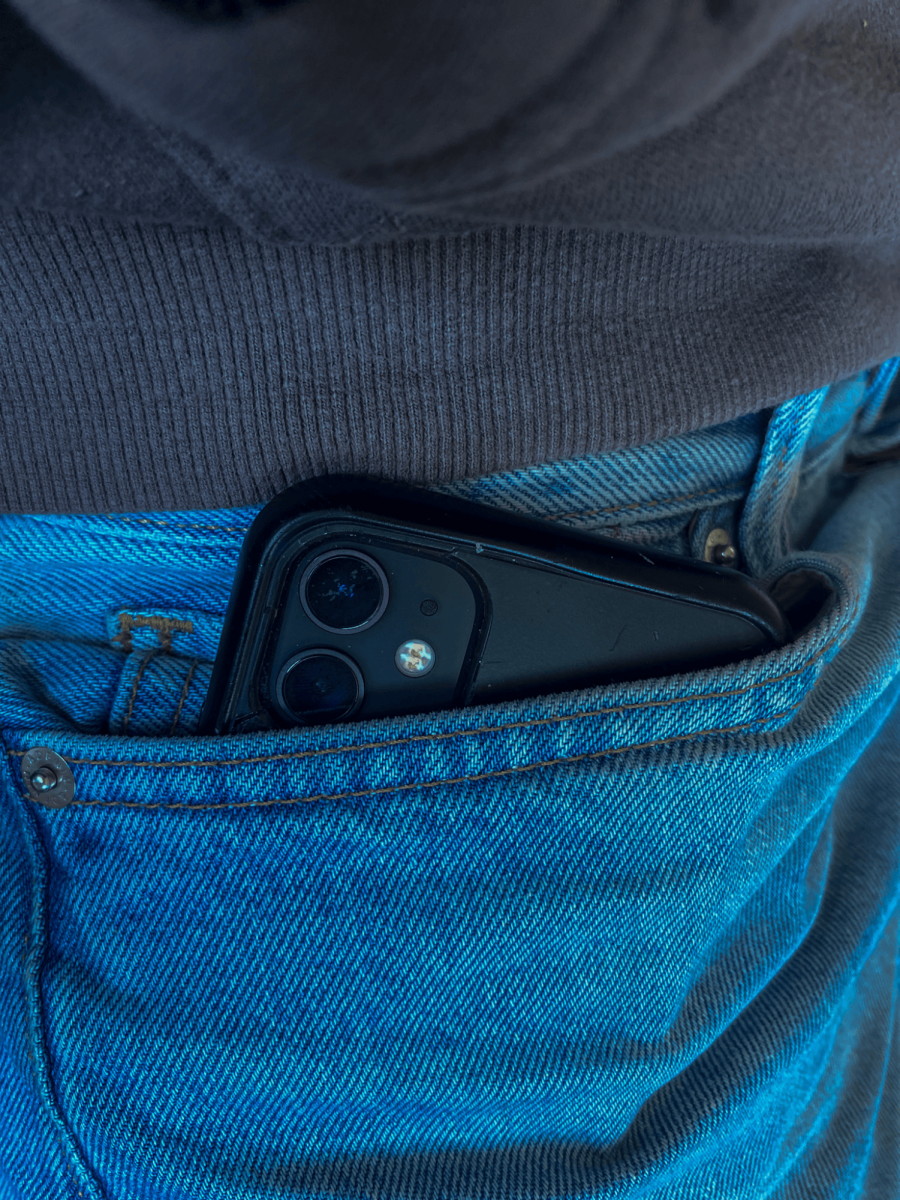
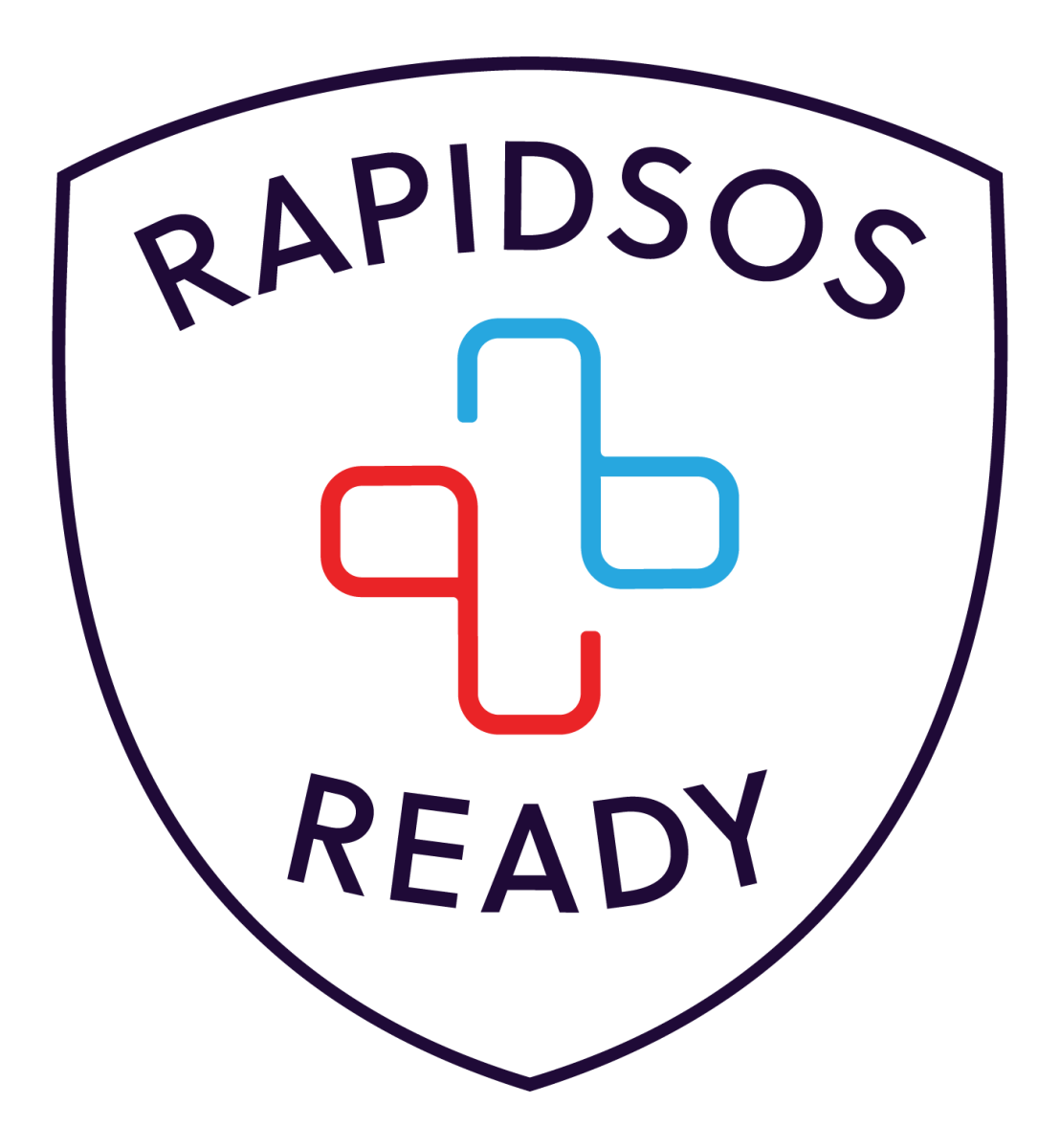









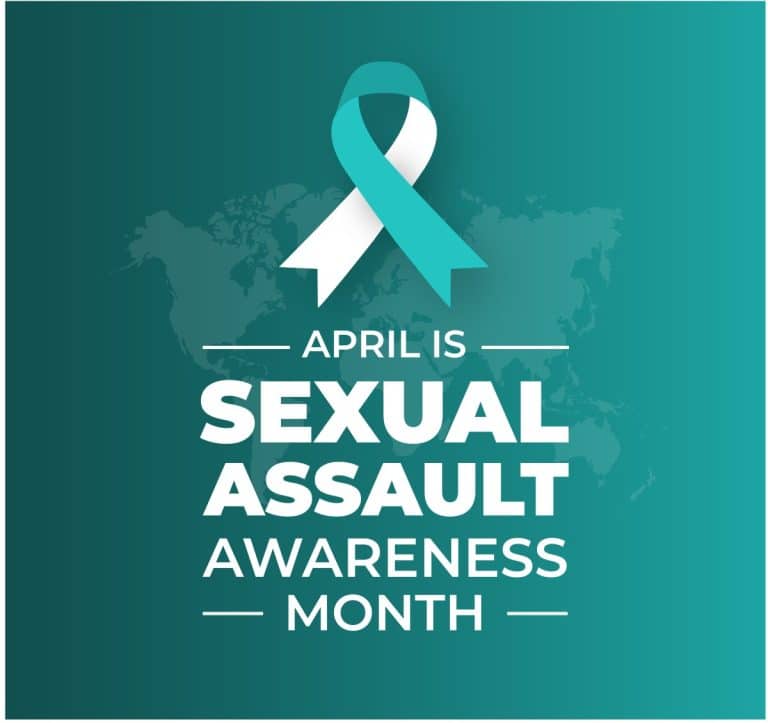












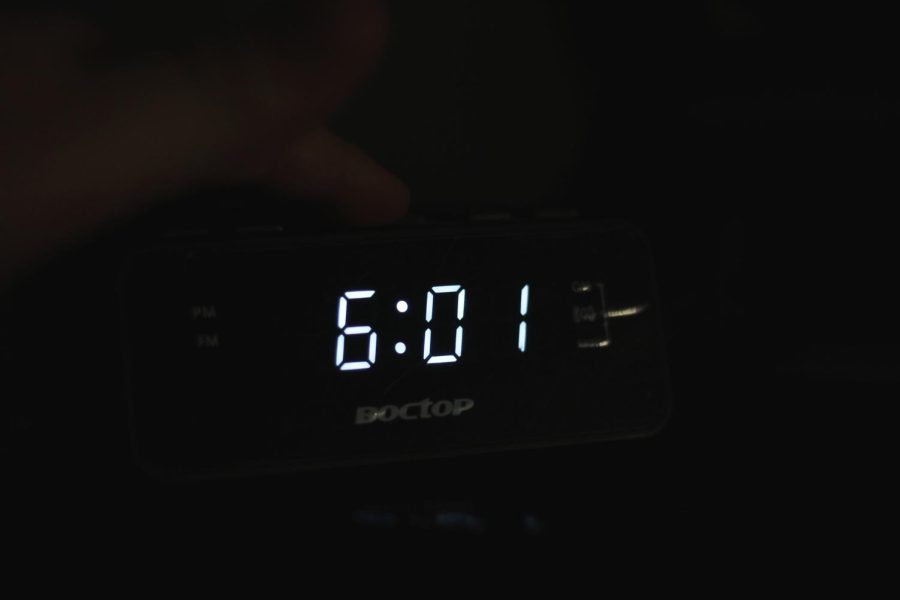







Katrina E Kugel • Apr 19, 2023 at 8:18 am
Completely agree! Let the MCPS Board of Education know how you feel!